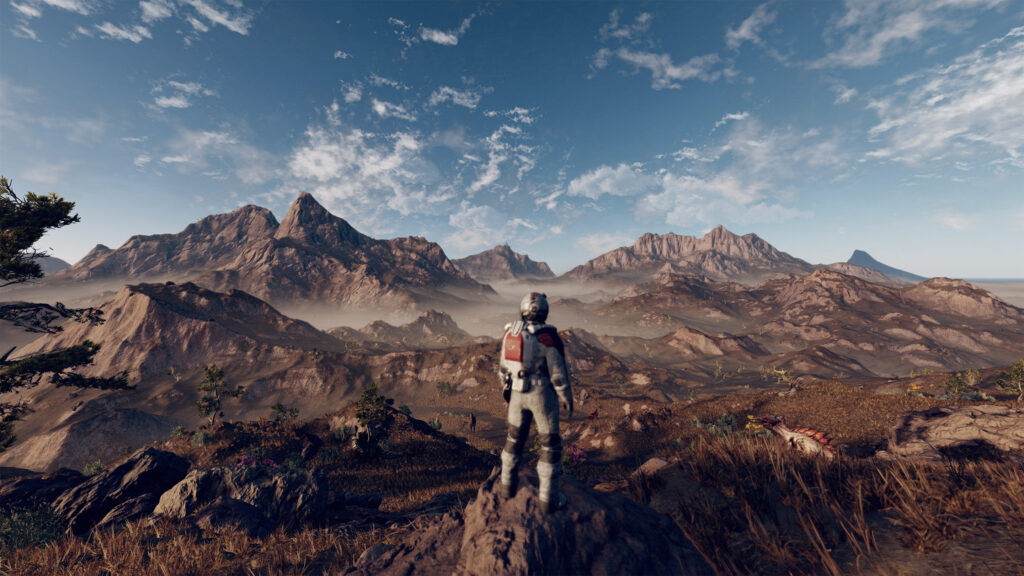While their in-house developed titles have seen better days since 2015’s Fallout 4, this company continues to gain and extort potential for growth in many aspects. Their “downfall” was in the form of Fallout 76 (2018), a multiplayer only Fallout experience. While notorious for their titles’ quality of gameplay, storytelling, and innovation of the western-RPG genre, they are also infamous for the quality of performance for their titles in their launch state. The Elder Scrolls V: Skyrim (2012) and Fallout 3 (2008) are amongst the titles that have released with a multitude of issues in their performance, ranging from game-breaking bugs to wacky, immersion-breaking glitches. Even with drawbacks such as these, their titles (especially Skyrim) are some of the best selling games on the market. This isn’t particularly why I’m interested in working for them, but it is a plus.

What intrigues me is their creativity and innovation for their 3rd party titles and their two in-house developed titles that were announced, Starfield (2023), and The Elder Scrolls VI (TBA). Starfield, with its upcoming release, has some ambitious features that intrigues me more than any other upcoming game. The game is a Sci-fi space exploration western RPG that ambitiously announced that one of the new main features is being able to explore more than 1000 fully detailed planets. While the idea is nothing new, as Hello Games’ No Man’s Sky (2016) featured a seemingly infinite amount of procedurally generated planets for players to explore and survive, this game aims to take that idea to the next level, bringing full space exploration into a setting with the expected amount of detail that past Bethesda games offer. Excluding Fallout 76 of course, which wasn’t helmed by the legendary game director Todd Howard.
For Bethesda’s third-party developers, particularly Id Software and Arkane, their output is particularly superb, and arguably received better than their first-party titles. For Id, the Doom franchise is stronger than ever since their last two titles, Doom (2016) and Doom Eternal (2020) were extremely successful. And for Arkane, Dishonored 1 (2012) and Dishonored 2 (2016) were strong titles in a niche genre, and the 2017 title Prey reached an even more niche audience that has grown since its release. Their latest title Deathloop (2021) was widely praised and even received a nomination for Game of the Year at the annual Game Awards. This type of reliably great products and content are a reason I admire Bethesda immensely, and with each new interesting title these developers release I’m more and more enthralled by their craft and am getting more and more passionate about sharing and getting involved in gaming.

The PR front of Starfield so far is admirable, and I expect to see more efforts for publicity closer to the game’s release. Since the disaster of Fallout 76’s release, their PR has improved and after controversy upon controversy surrounding that title, they have seemingly repaired their image as best as they could. Most gamers are keeping their expectations low until they release more information, but so far the developer’s transparency on features and development make it seem that they are trying to sell the game’s ambition as much as the game itself.

There are other Game Developers/Publishers that I always keep my eye out in terms of PR because as the gaming industry grows, the audience grows, thus keeping the audience and creators connected in ways that benefit both parties is important for everyone involved.